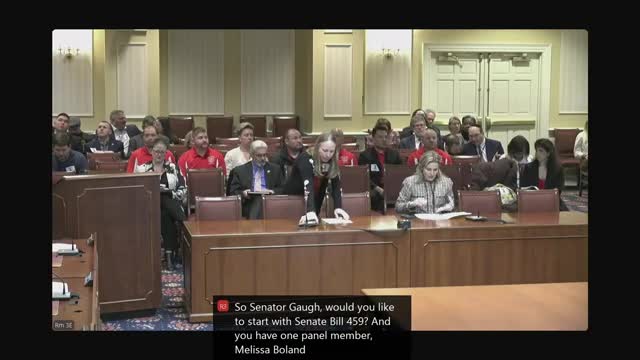Article not found
This article is no longer available. But don't worry—we've gathered other articles that discuss the same topic.
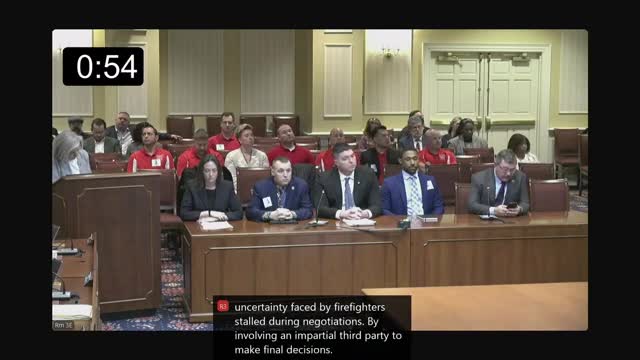
Heated hearing on expanding Prescription Drug Affordability Board powers exposes sharp divide between patients, state agencies and industry
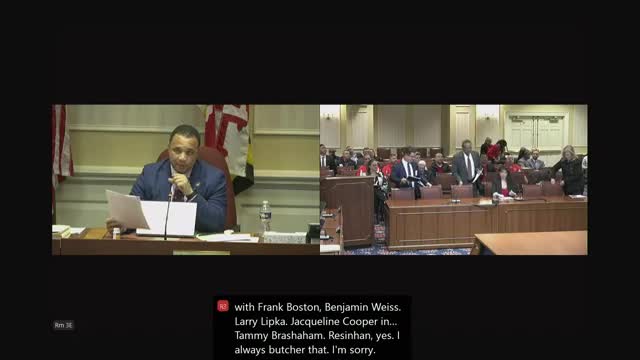
Senators back creating food‑desert work group to study access, culturally relevant food needs
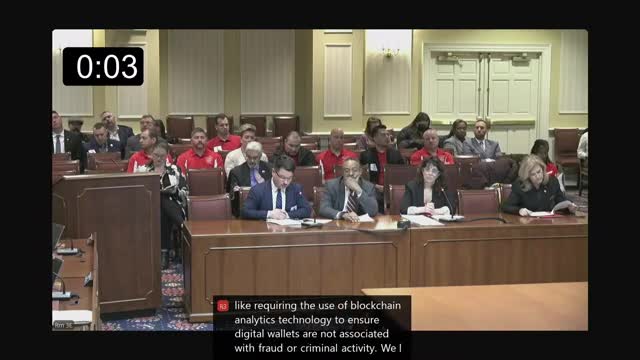
Senate committee hears bill barring one‑sided contracts from shortening Maryland’s three‑year civil statute
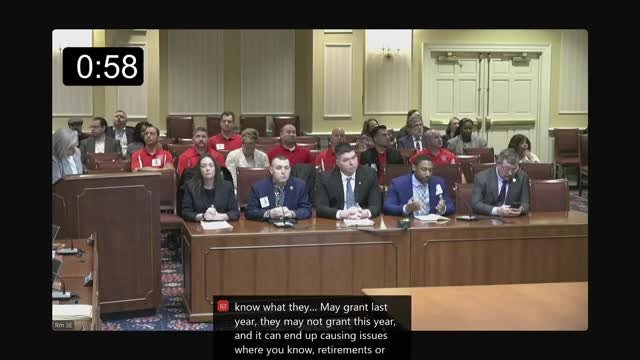
Disability advocates, some manufacturers clash over ‘right to repair’ powered wheelchairs
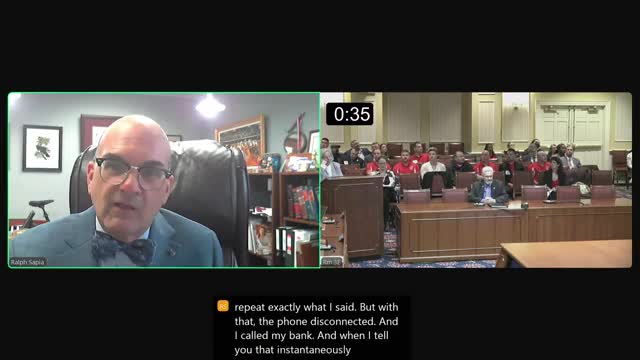
BWI firefighters press for binding arbitration; bill would extend process protections veterans in surrounding counties already have
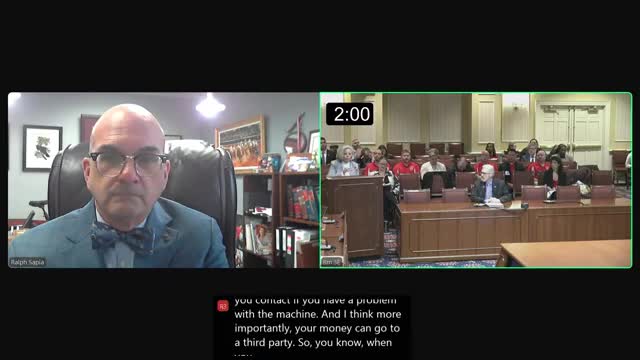
Committee hears bipartisan push to register and regulate cryptocurrency kiosks after consumer losses
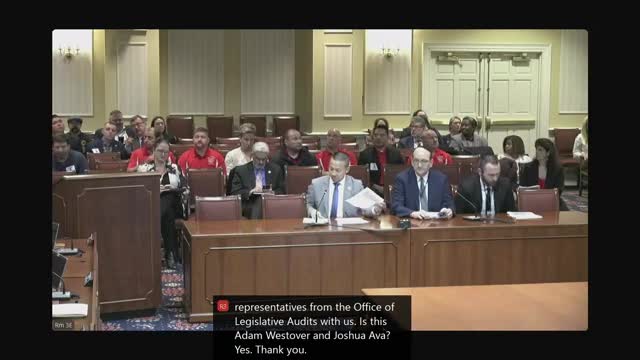
Audit findings prompt bill to tighten oversight of University System ‘high‑impact’ spin‑offs
